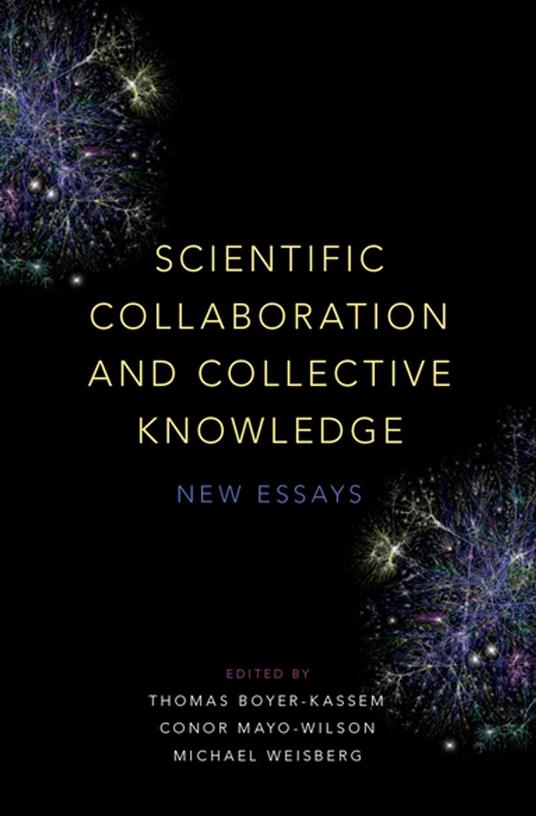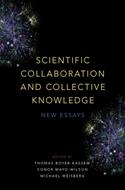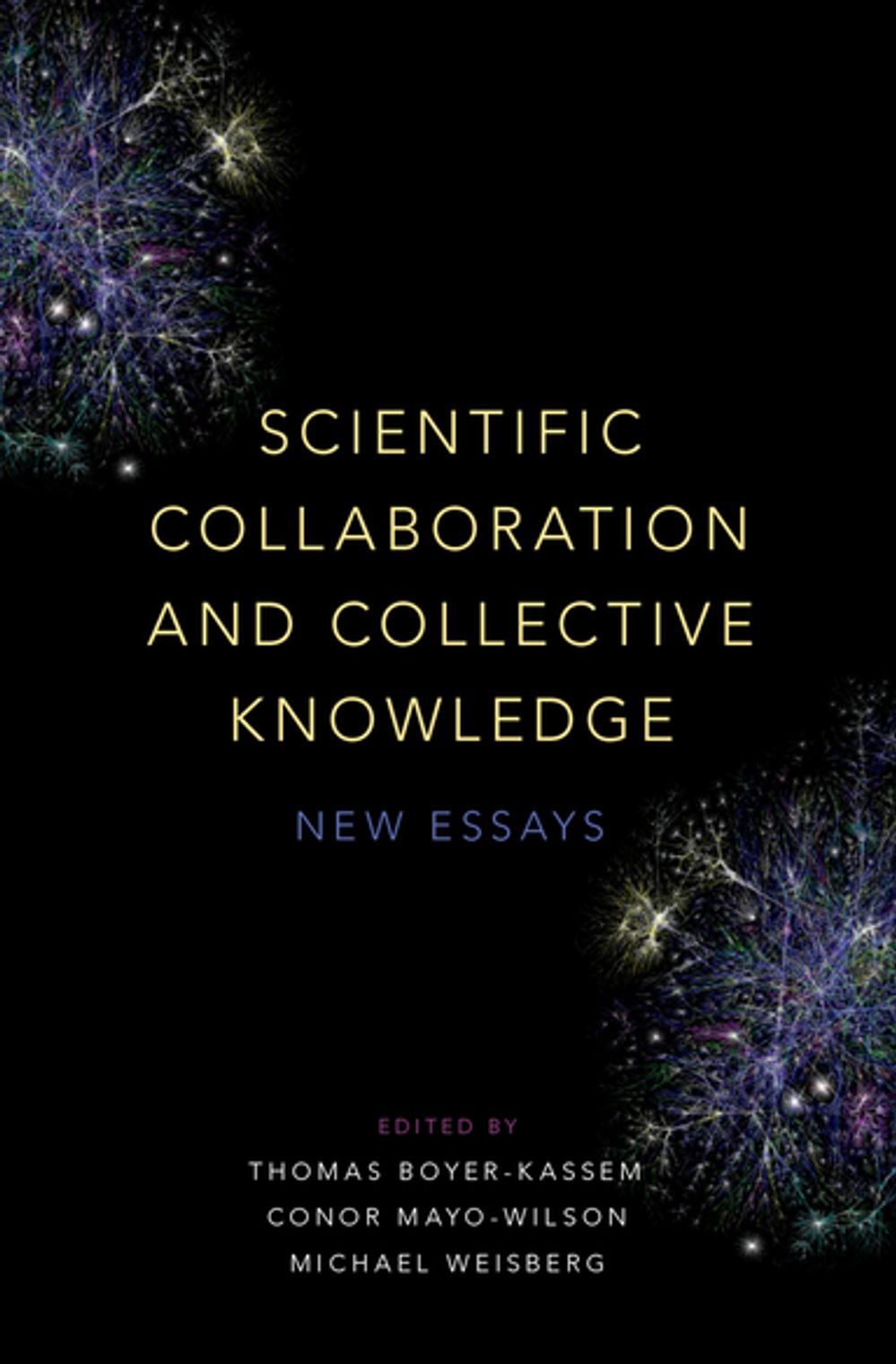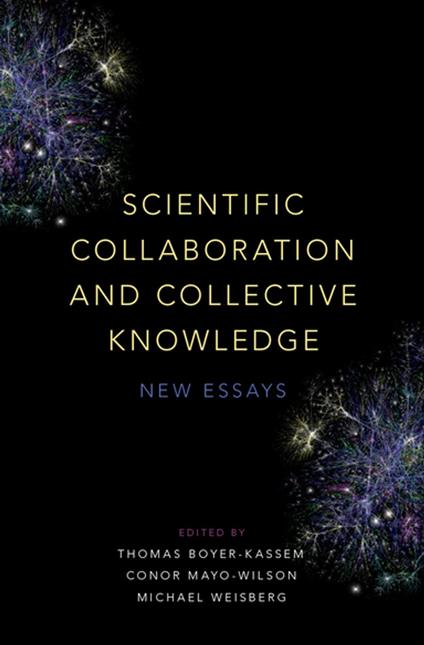Scientific Collaboration and Collective Knowledge
Descartes once argued that, with sufficient effort and skill, a single scientist could uncover fundamental truths about our world. Contemporary science proves the limits of this claim. From synthesizing the human genome to predicting the effects of climate change, some current scientific research requires the collaboration of hundreds (if not thousands) of scientists with various specializations. Additionally, the majority of published scientific research is now co-authored, including more than 80% of articles in the natural sciences, meaning small collaborative teams have become the norm in science. This volume is the first to address critical philosophical questions regarding how collective scientific research could be organized differently and how it should be organized. For example, should scientists be required to share knowledge with competing research teams? How can universities and grant-giving institutions promote successful collaborations? When hundreds of researchers contribute to a discovery, how should credit be assigned - and can minorities expect a fair share? When collaborative work contains significant errors or fraudulent data, who deserves blame? In this collection of essays, leading philosophers of science address these critical questions, among others. Their work extends current philosophical research on the social structure of science and contributes to the growing, interdisciplinary field of social epistemology. The volume's strength lies in the diversity of its authors' methodologies. Employing detailed case studies of scientific practice, mathematical models of scientific communities, and rigorous conceptual analysis, contributors to this volume study scientific groups of all kinds, including small labs, peer-review boards, and large international collaborations like those in climate science and particle physics.
-
Curatore:
-
Anno edizione:2017
-
Editore:
-
Formato:
Formato:
Gli eBook venduti da Feltrinelli.it sono in formato ePub e possono essere protetti da Adobe DRM. In caso di download di un file protetto da DRM si otterrà un file in formato .acs, (Adobe Content Server Message), che dovrà essere aperto tramite Adobe Digital Editions e autorizzato tramite un account Adobe, prima di poter essere letto su pc o trasferito su dispositivi compatibili.
Cloud:
Gli eBook venduti da Feltrinelli.it sono sincronizzati automaticamente su tutti i client di lettura Kobo successivamente all’acquisto. Grazie al Cloud Kobo i progressi di lettura, le note, le evidenziazioni vengono salvati e sincronizzati automaticamente su tutti i dispositivi e le APP di lettura Kobo utilizzati per la lettura.
Clicca qui per sapere come scaricare gli ebook utilizzando un pc con sistema operativo Windows



